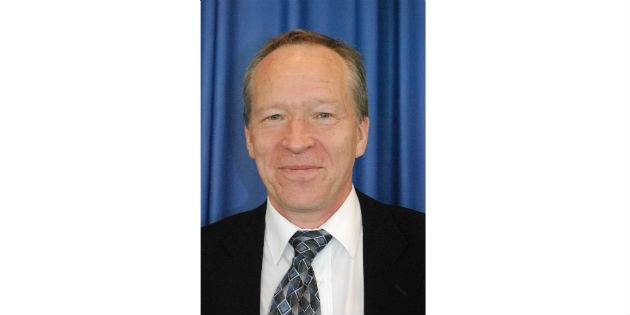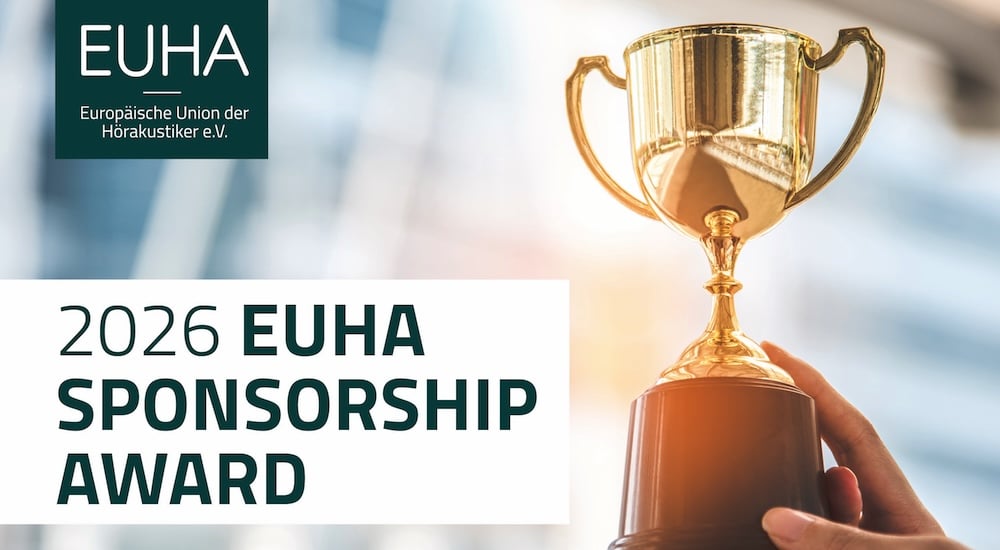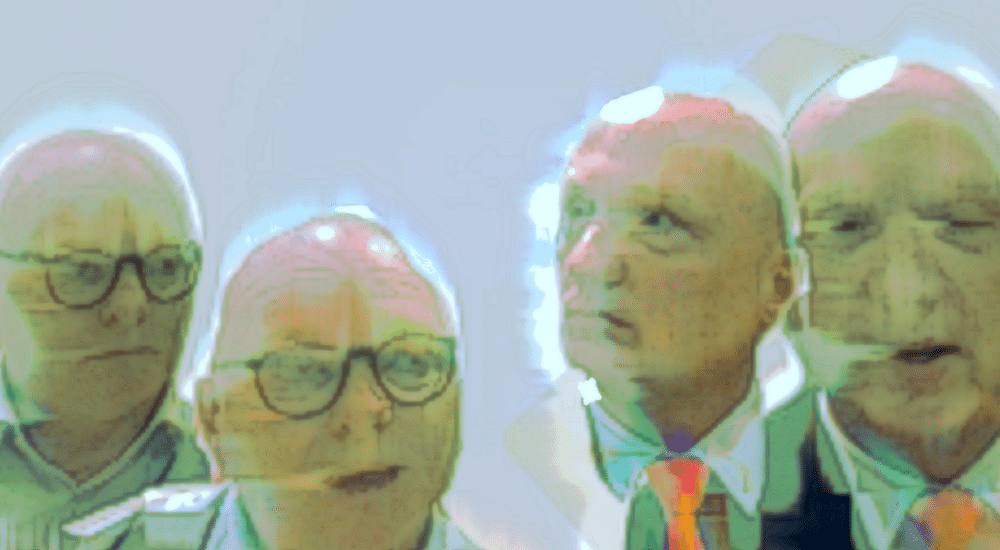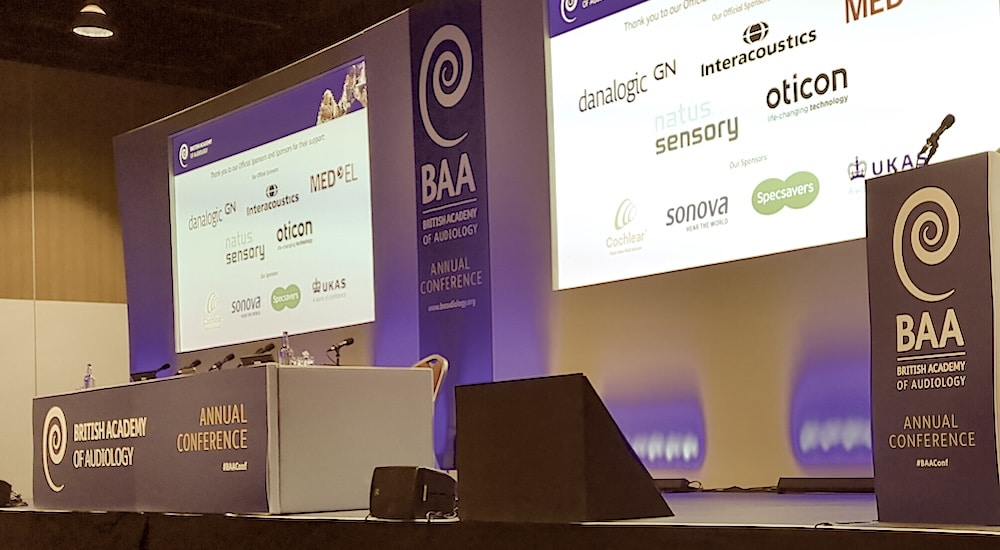Søren Hougaard: an audiology life well-spent
Portrait
Søren Hougaard began his career in the hearing world in 1984, at Danish firm Widex. He then joined Sonova in 2002, where he held the position of Managing Director for the Phonak brand in Denmark.

In 2009, he left Sonova to join the European Hearing Instrument Manufacturers Association, where he was appointed Manager of the market development department. One year later, he became the Secretary General of the association. He spent seven years as Secretary General at EHIMA before retiring on 1st July this year. Audiology Worldnews interrupted his days of leisure to ask him to reflect on his time in the audiology profession.
How did you arrive at EHIMA?
There are many coincidences in life, and my ending up at EHIMA was one of them. At Widex I worked for over 17 years, all the time with international work. During that period, we started up HIMSA with the Noah software – a great project which demonstrated to me the joy of working with all the other manufacturers. I also attended several EHIMA meetings together with my then boss, Tom Westerman – again, lots of fun to work across company borders. Then I worked for over 7 years with Phonak as country manager for Denmark. First of all, I got to know yet another manufacturer really well, but I also discovered that focusing “only” on Denmark was not quite as intriguing as dealing with the whole world. In other words, I missed the international aspect. So, when the EHIMA job came up, I really didn’t hesitate for long.
Can you tell us about some of the projects you worked on in your time at EHIMA?
The list is quite long. Probably most visible is the EuroTrak project. We started out being very inspired by the American MarkeTrak surveys, and our aims were truly modest. Today, EuroTrak surveys are carried out in 13 countries, including Japan and Australia. At the same time, the questionnaires and analyses are performed in cooperation with the Americans, so we have a near-global view of key markets. This is extremely useful in lots of connections, commercial as well as political.
We also introduced the Hearing Awareness events in the European Parliament, linked up with WHO’s World Hearing Day. This has been really exciting, and has only been made possible through a very trustful cooperation with the European Federation of Hard of Hearing people (EFHOH) and the European Association of Hearing Aid Professionals (AEA) as well as with WHO, especially Dr Shelly Chadha.
What are you most proud of during your time as Secretary General?
I think I have contributed to a good cooperation with several organisations and stakeholders. I mentioned WHO, EFHOH and AEA, but you could add the global association IFHOH as well as national industry associations, scientific associations, foundations, etc. I truly enjoyed this work and I have really appreciated the opportunity to meet huge numbers of very nice and dedicated people, whom I’ll surely miss in the future.
Do you have any regrets from your time with the association?
I think EHIMA could perhaps have been even more ambitious when it comes to public and political profiling. The present situation in the USA where the FDA now must come up with proposals for handing hearing aids out over the counter is a grim example of us being too small, too late – and not visible enough. It is often said that “if nothing’s broke, don’t fix it” and I think the industry has been kind of hiding behind this credo because things went pretty well. Witness the annual results of my members. But maybe something was in fact “breaking” under our feet without us noticing it?
What are the main changes you have seen in the industry during your time at EHIMA?
The steady flow of mergers and acquisitions. Partly with hearing aid manufacturers also moving into the world of cochlear implants, partly getting involved in retail. This – combined with the future role of various digital platforms – is sure to change the industry further, moving forwards.
What are your hopes for EHIMA and your replacement Dr Stefan Zimmer in the future?
I hope EHIMA will succeed in keeping hearing care as part of overall healthcare. This implies keeping hearing aids as medical devices which must be fit by qualified professionals. This is the only guarantee that people with hearing loss will receive proper, professional care. Hearing loss is not a benign situation – it can lead to a host of related ailments which all contribute to a reduction in the quality of life of millions of people around the world.

A track record of success
Søren Hougaard’s track record is studded with remarkable advances in the world of hearing care. Among many accomplishments, he established the EuroTrak project, a series of comprehensive international studies on the hearing care sector, and which Stefan Zimmer intends to continue (see page 14), given the key contribution these transversal and comparative studies have played in understanding the different markets and the needs of the hearing-impaired. If there was one thing of interest to Søren Hougaard, it was ultimately the overall improvement of hearing healthcare; a goal which is set out in the by-laws of the Association. In this sense, the mandate of Søren Hougaard was driven this goal, through a quest for cohesion among the different representatives at the European level, which he considered was a paramount necessity: “Six or seven years ago, the World Health Organisation, to name only one example, was unaware of our existence and our activities. Today, we have regular, constructive exchanges with the WHO. This was made possible thanks to the work carried out jointly with the AEA (European Association of Hearing Aid Professionals) which brings together all the national unions of hearing care professionals, EFHOH (European Federation of Hard of Hearing People) and IFHOH, (International Federation of Hard of Hearing People) which represent all the national associations of the hearing-impaired in Europe and at an international level. These efforts to achieve cohesion gave us a global, international voice, which is very exciting!” Søren Hougaard made so many contributions to the sector that it would be impossible to list them all in this article. However, one of his most recent achievements includes the implementation of a Bluetooth standard, common to all manufacturers. This technical simplification could, ultimately, make life easier for the hearing impaired and hearing care professionals alike. In all events, many challenges await Stefan Zimmer. “I wish my successor well in what emerges. I am thinking in particular of the deregulation which threatens the American market with OTCs and other PSAPs. I believe that now more than ever, we must support and promote this. This is a fight that must be continued on behalf of the well-being of the hearing-impaired. I think that if EHIMA is to be successful in this, this will require a dimension that is more international and not only European.”Ora Buerkli worked with Søren during his Phonak days and she was on the Market Development Committee of EHIMA. She said, “Søren and I have started in the industry the same year, over 30 years ago. From that point on our paths crossed often. At all times, his special sense of humour, his patience, his humility and ability to listen and understand the other side made working with him a very good and positive experience. In addition, his extensive knowledge of the industry and a very large international network made his contributions invaluable.”
Access to the European Parliament
Several times during his time as EHIMA Secretary General, Hougaard took the hearing awareness message in to the European Parliament. Hearing Awareness events were organised together with EFHOH and formally hosted by severely hard-of-hearing MEP Adam Kosa. Information booths, sound demonstrations and hearing tests for MEPs and their staff complemented speeches by key audiology representatives from across Europe.
The events were designed to raise awareness. Considering there are more than 80 million Europeans with hearing loss, the awareness about the consequences of hearing loss and the means of rehabilitation is depressingly low in the general public as well as among policy makers – and even in the healthcare community itself. Soren Hougaard acknowledged during the first event that it was an uphill battle but with the manufacturer association, professional representatives and the consumer organisations working together, the politicians slowly start to pay attention.
The editorial teams of Audio infos and Audiology Worldnews join in wishing Søren Hougaard a happy, relaxing retirement.
Read this in our Audiology Worldnews EUHA Congress Special.
 Sign in
Sign in


